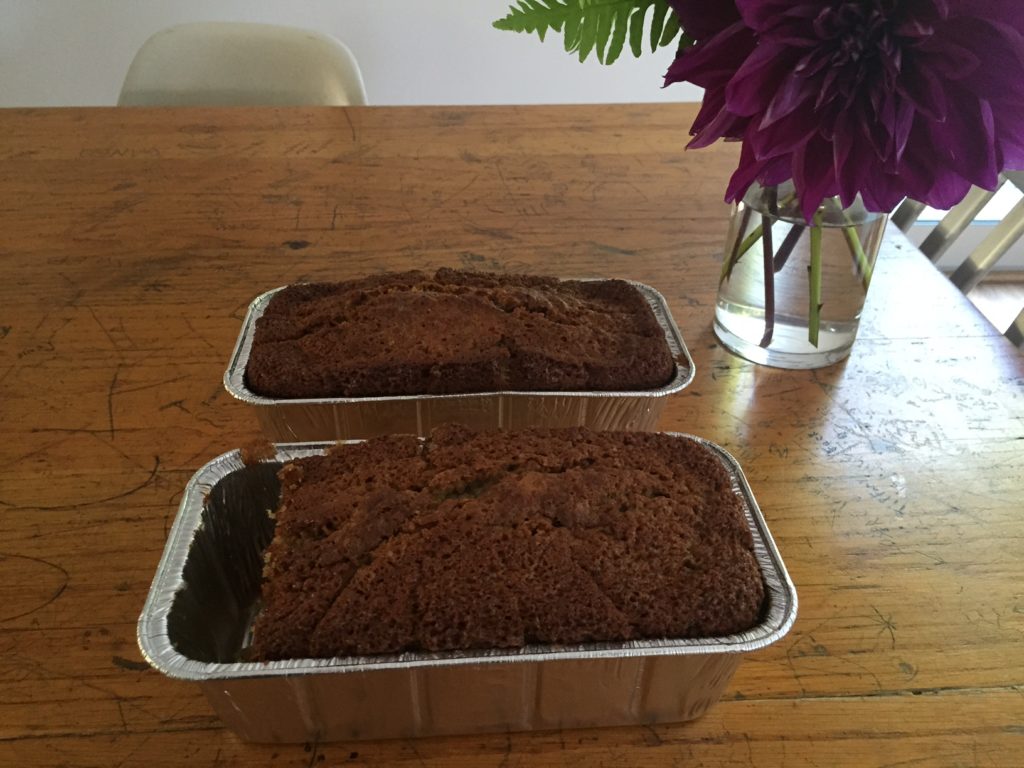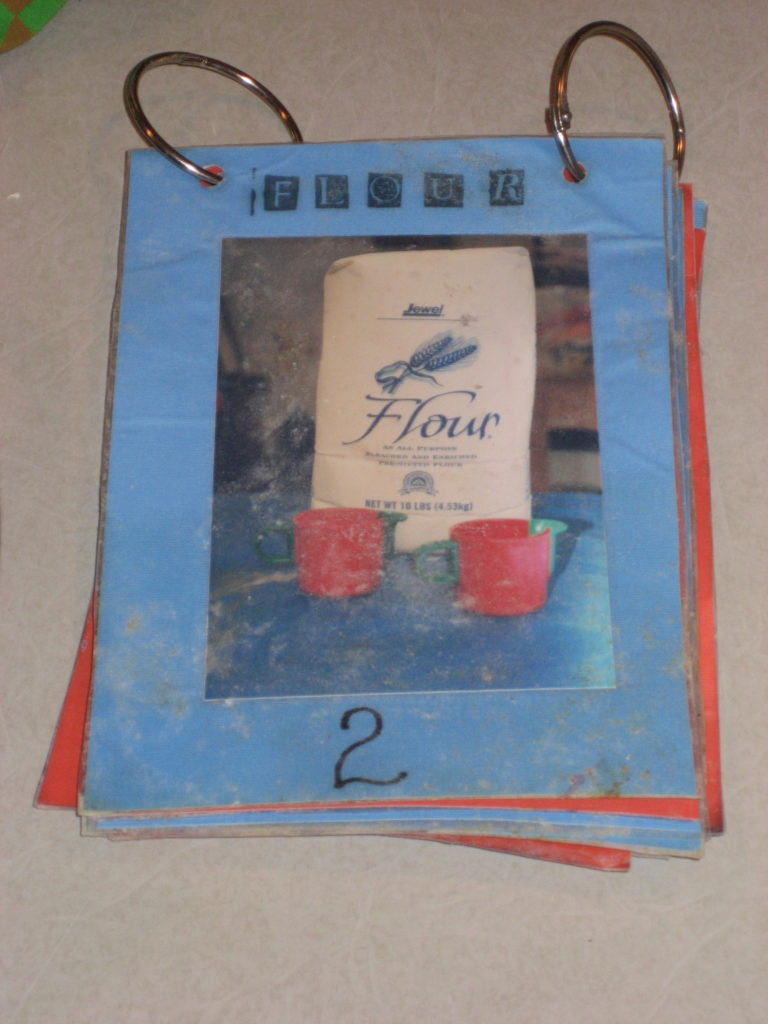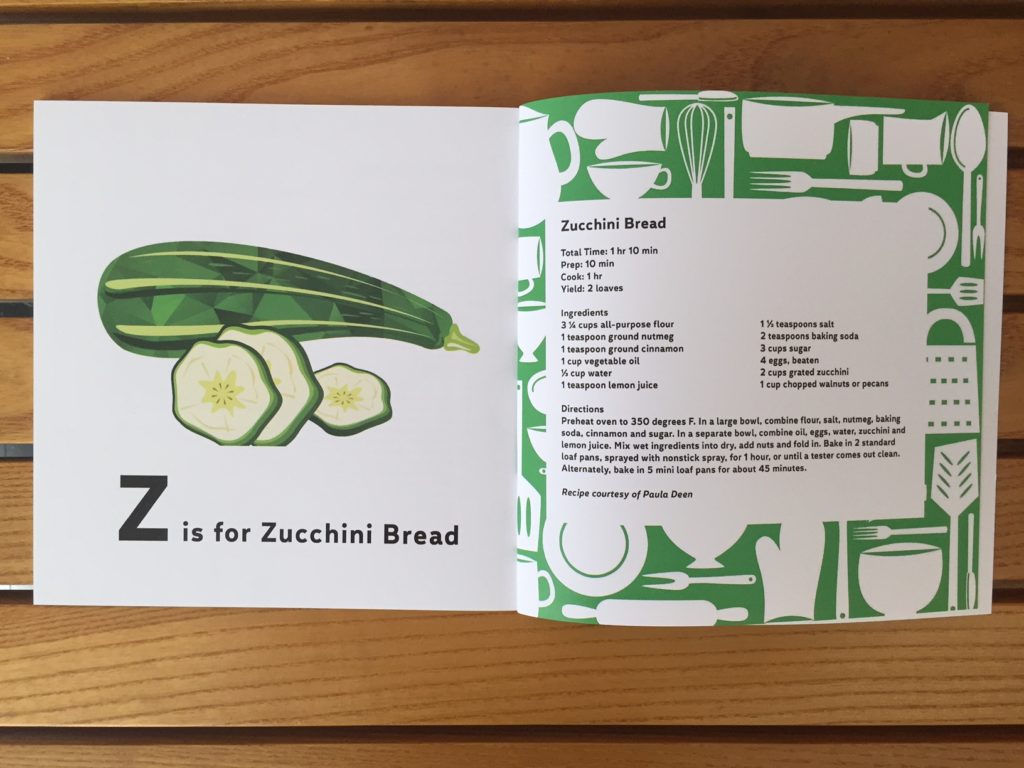Cooking with Preschoolers
posted by Alison Balis Hirsch
Cooking with kids offers a wonderful array of learning opportunities for young children. It provides practice in language arts (vocabulary and “reading” a recipe), science (chemistry and exploring the senses), and developing social skills (cooperation and turn-taking). The kitchen also provides a range of math practice such as counting, measuring, and understanding order.
 In my son’s pre-k class, the teachers and children cooked together almost weekly; the recipes coincided with their Letter Of The Week. So for B week they made banana bread and for O week they made omelets. The recipes were simple enough for the teachers and children (ages 4 to 5-years-old) to manage, each having a minimum number of ingredients. My son LOVED the rice pudding so much that I asked his teacher for the recipe. When I saw how simple it was, I suggested we collect ALL of her recipes and create a cookbook to share with other parents, whom I imagined were equally excited to cook with their kids at home. After all, these were recipes already vetted by our experienced and talented teacher.
In my son’s pre-k class, the teachers and children cooked together almost weekly; the recipes coincided with their Letter Of The Week. So for B week they made banana bread and for O week they made omelets. The recipes were simple enough for the teachers and children (ages 4 to 5-years-old) to manage, each having a minimum number of ingredients. My son LOVED the rice pudding so much that I asked his teacher for the recipe. When I saw how simple it was, I suggested we collect ALL of her recipes and create a cookbook to share with other parents, whom I imagined were equally excited to cook with their kids at home. After all, these were recipes already vetted by our experienced and talented teacher.
As a teacher in the classroom, we sought out parent/caregiver volunteers to assist with cooking projects. Having the child’s special grown-up allowed those participants to engage in the school life of their child, providing them with an opportunity to better know the other children and teachers and also observe their own child in the context of the classroom. It also allowed us to maintain good adult/child ratios while working with small groups of children (typically 4 – 5), in the kitchen. The children who cooked or prepared snack (sometimes it was simply designing bagel faces with cut fruit, vegetables and sprouts) usually delighted in their food and seemed proud to share their creations with their classmates. The learning continued through the service portion of the meal, since the child chefs, with the help of the grown-ups, needed to figure out how to divide what they made into equal portions for their friends. Something like bagel faces required counting and one-to-one correspondence; baking a quiche required cutting it into enough equal-sized pieces to serve everyone.
For recipes that were made frequently, we made recipe booklets that were much more readable for children. Play dough was something we made with children on a weekly basis and for that we created cards, bound by binder rings that had visual instructions and described quantities with pictures.
Cooking presents children with plenty of opportunities to learn and is also a great way to teach principles of good nutrition and encourage an adventurous palate: in my experience kids are much more likely to try foods they’ve grown or prepared themselves.

Love the recipe booklets!
What a great idea! We cook often in our classroom. This would make a great end of the year gift to send home with each child.
Recipe books are great for 1 and 2 year olds!
I absolutely love cooking with my little learners! It is a fantastic way to incorporate math, the senses, science, and language into one activity. I will add a recipe booklet to our most loved cooking experiences!
I think cooking with children teaches them a variety of concepts in math. The environment is set to support their learning and many of the material can be used for other purposes.
Those recipe booklets are great idea! So easy to follow by children thanks to pictures.
I really love the idea of how you made the cookbook. I also loved that you put the number and that exact number of objects on the page.
I think teaching children math through cooking is essential to them learning number sense. I always do something with the children as far as measuring and pouring out ingredient’s. The children are learning as they are cooking.
Cooking is so much fun for preschoolers. They are learning while they are having fun!
I love this idea and how many different learning objectives can be intertwined with cooking! Great post!
This is a great way to contextualize number-sense in a way that is meaningful to children. They see adults in their life cooking and often replicate in dramatic play, so this will definitely be engaging.